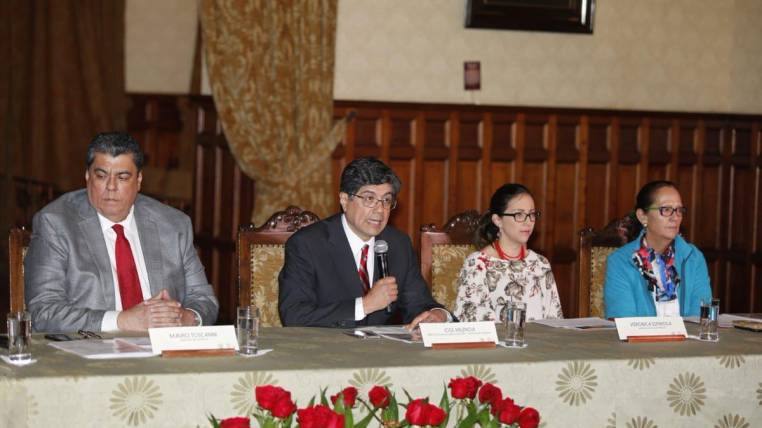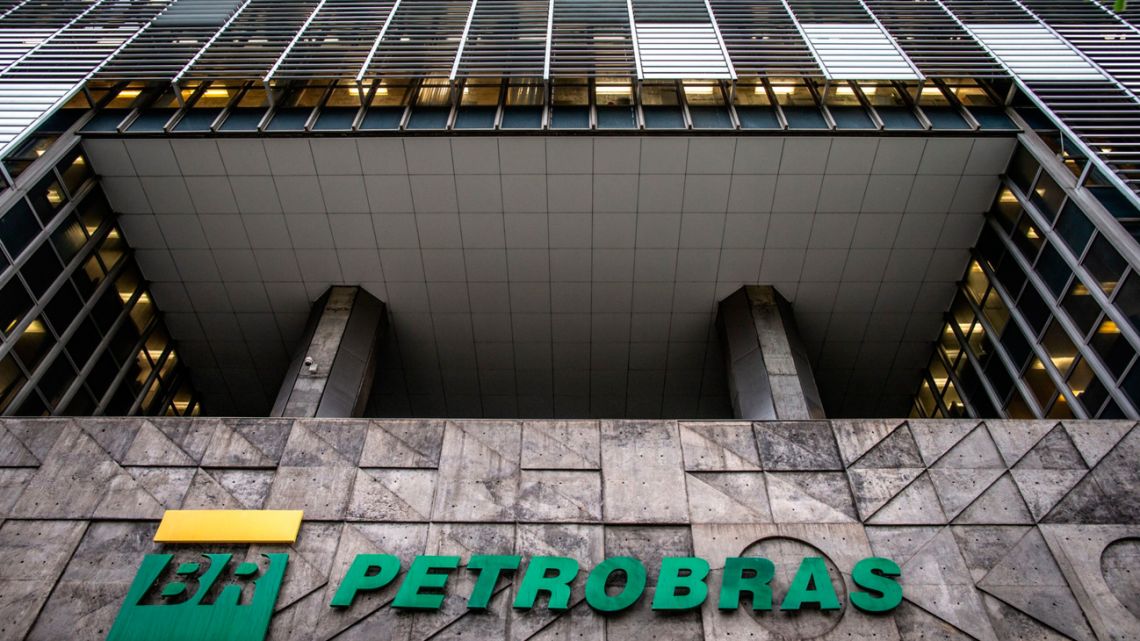President Andrés Manuel López Obrador’s effort to bring the energy sector under state control has put obstacles in the way of renewable energy and sidelined Mexico’s climate goals.
MEXICO CITY — On a sweltering afternoon in his home state of Tabasco recently, Mexico’s president celebrated his administration’s latest triumph: a new refinery .
Although not yet operational, President Andrés Manuel López Obrador hailed the project as the centerpiece of his grand campaign to ensure Mexico’s energy independence.
“We ignored the song of the sirens, the voices of those who predicted, in good faith, perhaps, the end of the oil era and the massive arrival of electric cars and renewable energies,” he told a enthusiastic crowd.
At a time when scientists are sounding the alarm about the need to move away from fossil fuels that contribute to catastrophic global warming, Russia’s invasion of Ukraine has ignited a global movement in the opposite direction: the United States and European countries are taking measures to increase oil and gas production to counter Russian energy bans.
But Mexico is going further.
Driven by López Obrador’s historic goal of withdrawing control of the energy sector from private companies so that state-owned companies dominate the market, the government is undermining efforts to expand renewable energy and betting the country’s future on fossil fuels. .
The policy is key to López Obrador’s ambition to reverse what he sees as a corrupt privatization of the industry, guarantee Mexico’s energy sovereignty and return the country to the glory days when oil created thousands of jobs and helped fuel the economy. economy.
To this end, Mexican authorities are using the might of their regulatory agencies to keep renewable companies out of the market, blocking the operation of their power plants and instead propping up hydrocarbon plants that the state owns or operates, according to interviews. with more than a dozen former government officials, analysts and executives from the energy sector.
As a result, analysts say, Mexico will almost certainly fail to deliver on its promise to the world to reduce its carbon output. The country may also have put billions of dollars of investments in renewables at risk and created another source of tension with the Joe Biden administration, which has made combating climate change a pillar of its foreign policy agenda.
“People say, ‘how are you going to meet your climate change commitments?’ And I always tell people, ‘well, he doesn’t care,’” said Tony Payan, a Mexico expert at the Baker Institute for Public Policy at Rice University, referring to López Obrador. “He is an oil man.”
The presidential press office, Mexico’s energy ministry and the state power company did not respond to requests for comment.
But López Obrador has argued that while the transition to renewable energy will happen at some point, Mexico is simply not ready.
“That technological advance will sooner rather than later become a reality,” he said at the refinery’s inauguration. “It is clear that, to get there, there is still time.”
The government has not completely abandoned renewable energy. He plans to spend some $1.6 billion to build a massive solar plant in northern Mexico, as well as retrofit more than a dozen state-owned hydroelectric plants.





